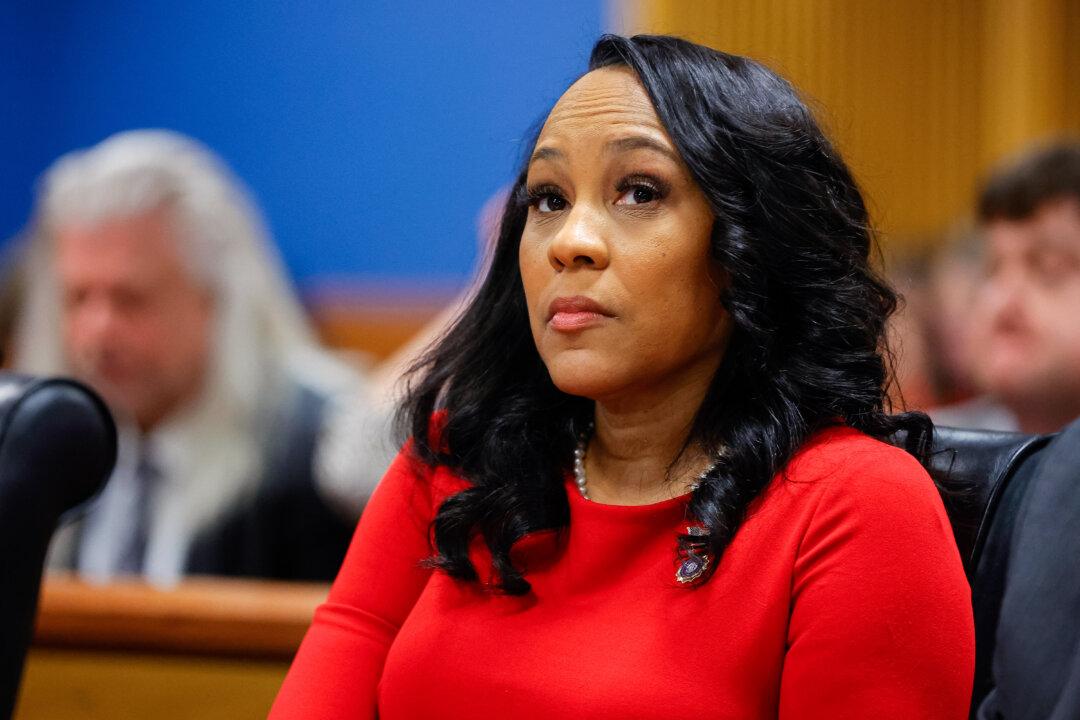The judge overseeing former President Donald Trump’s Georgia case has warned that a gag order could potentially be imposed on District Attorney Fani Willis to prevent her from mentioning the case in public.
In his ruling Friday, Fulton County Judge Scott McAfee hinted that Ms. Willis could face a gag order for her racially charged speech at an Atlanta church on Jan. 14, which he deemed as “legally improper.”





